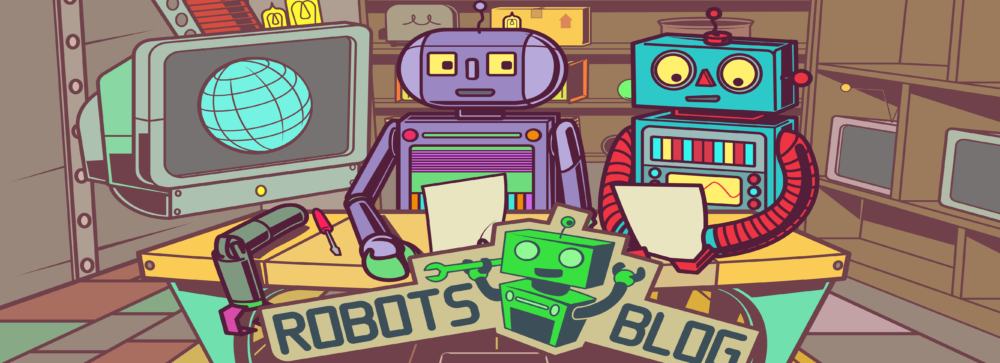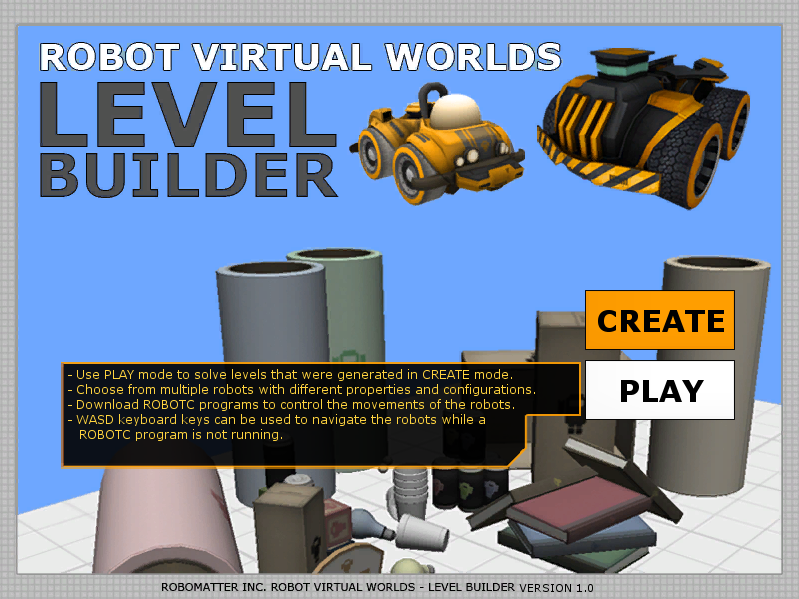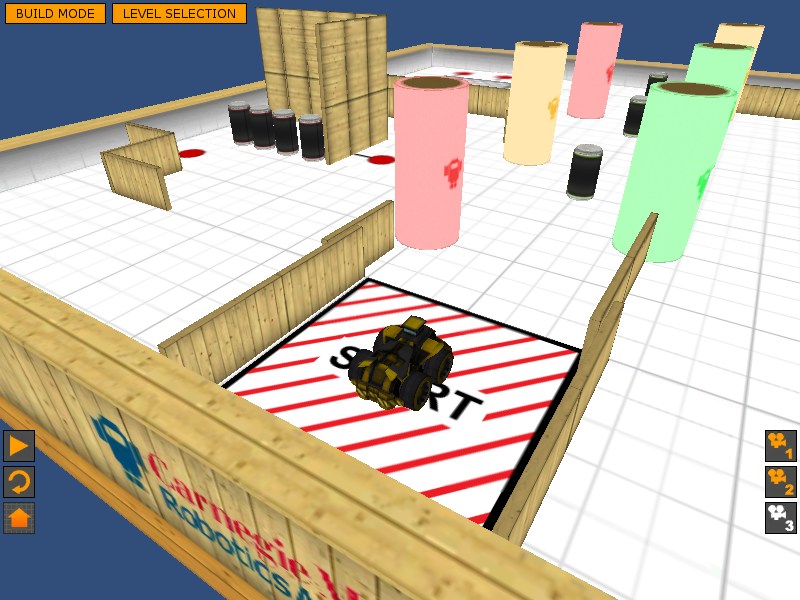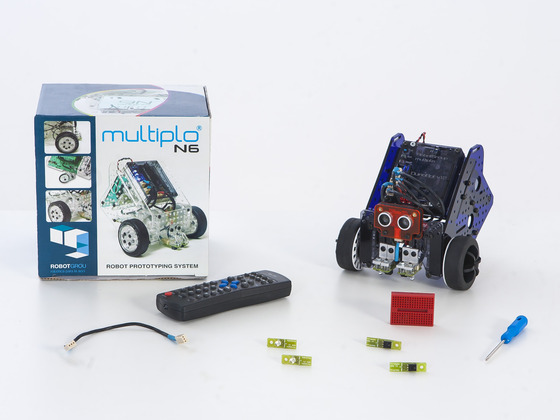Here is what Damien Kee wrote on [email protected]:
Great news if you have lost your installation CD or you are looking to
install NXT-G on more computers.
LEGO has just released the NXT-G 2.0 software for download for free.
A few caveats though. This is the retail version of the software so
you won’t have any of the nice graphical datalogging capabilities and
there is no ‚Robot Educator‘ so you don’t have access to all the great
tutorials. The temperature sensor blocks aren’t included but the
colour sensor blocks are. You can always download a temperature block
from Steve Hassenplug’s website
(http://www.teamhassenplug.org/NXT/NXTGAdditions.html)
But if all you are doing is standard programming, this will be fine.
I know of one teacher who is happy that they can now load a version of
the software onto their student laptops to take home (previous site
licences were a little murky on take home laptops).
The download is here as well as instructions on how to install it.
http://service.lego.com/en-us/HelpTopics/default.aspx?questionID=2655
Whilst I haven’t tried it myself, I have heard of others being successful.
Regards
Damien Kee





